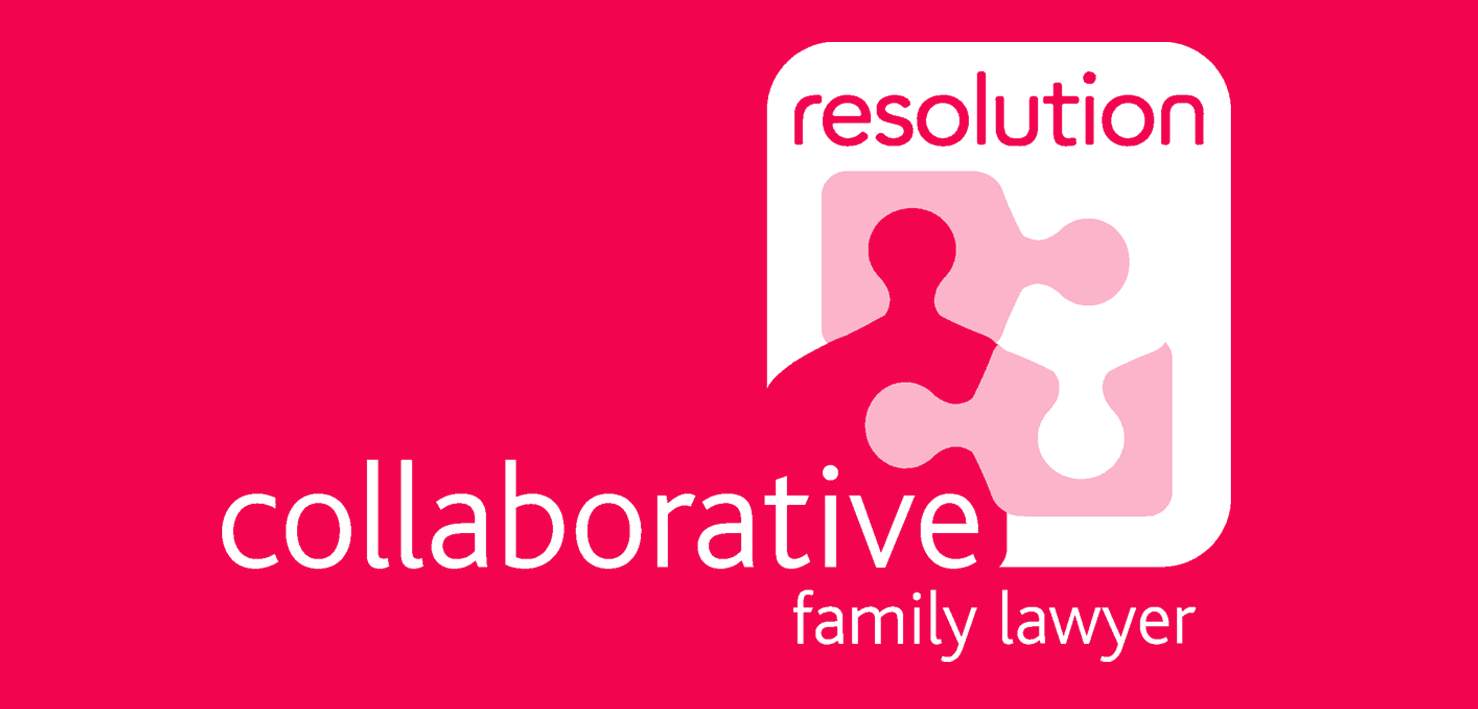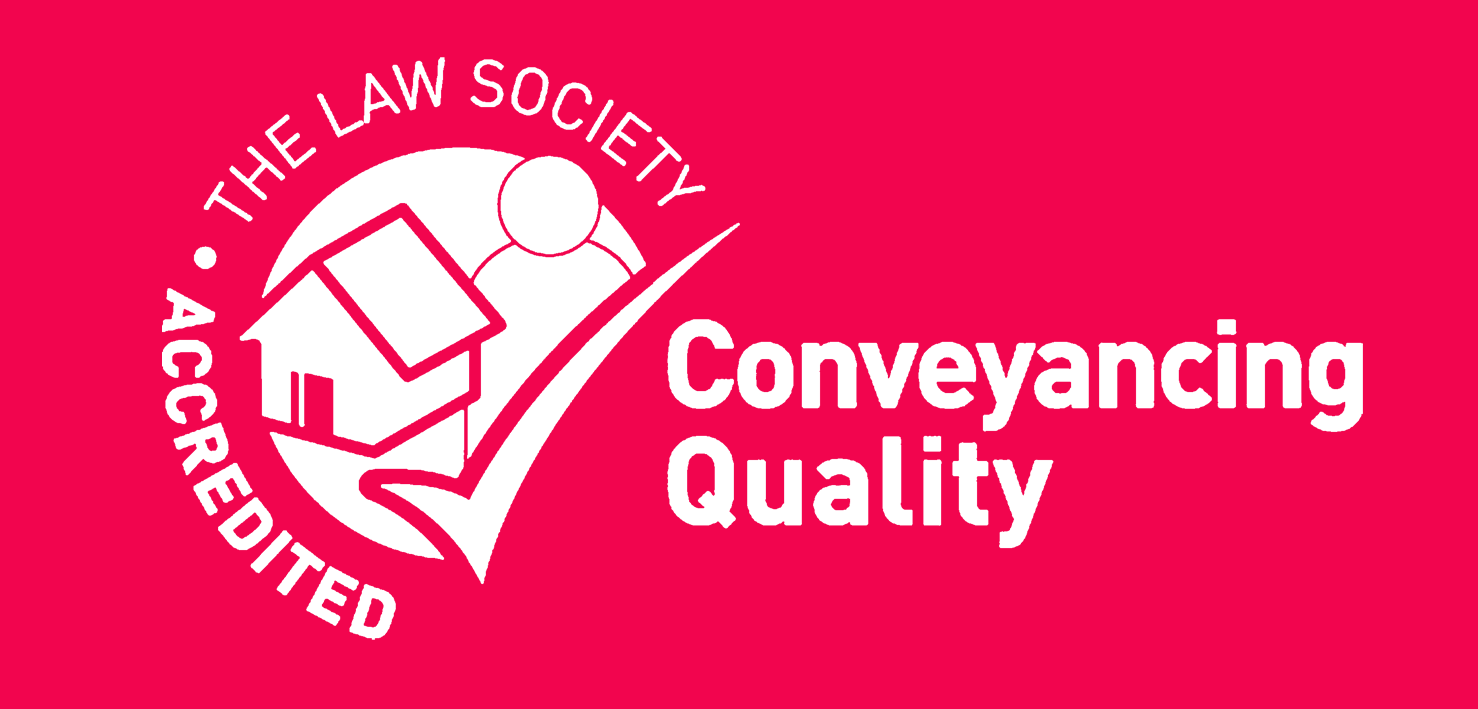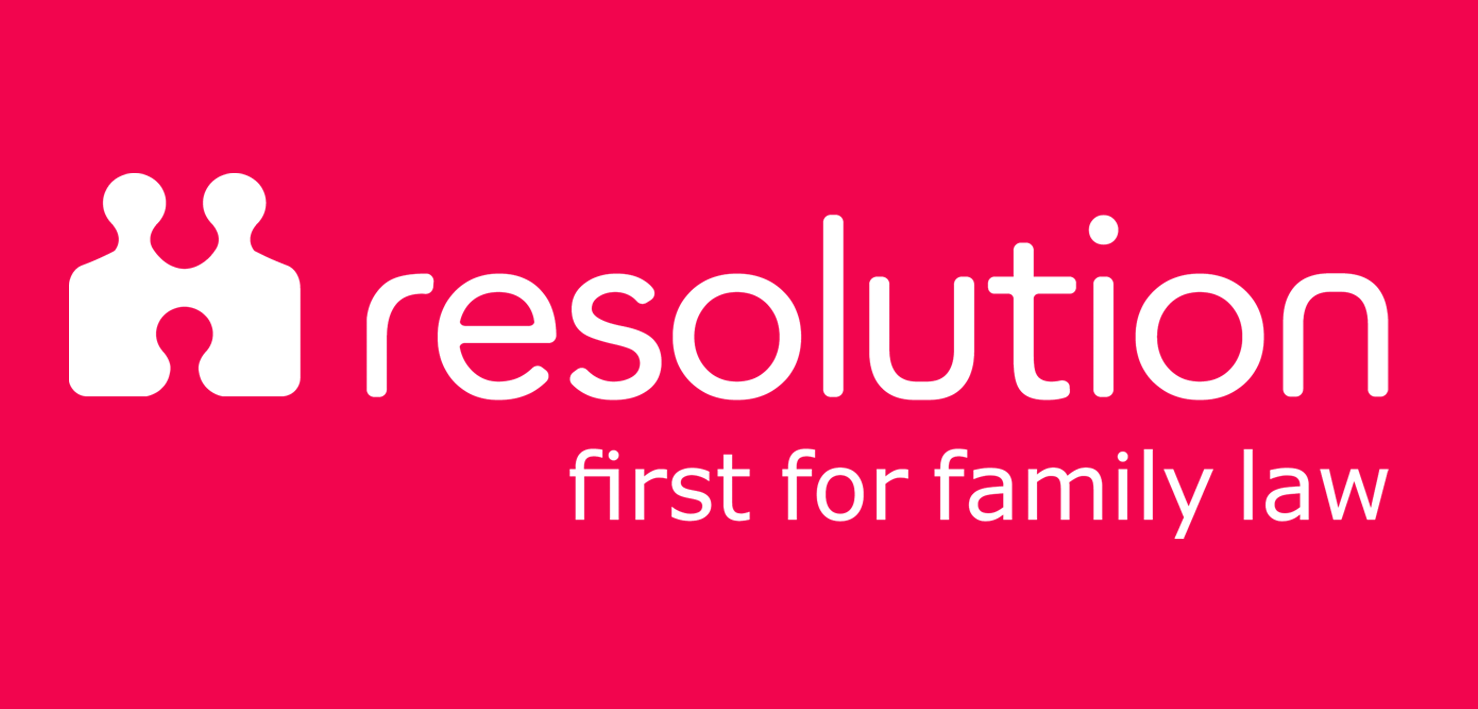Rarely, is anyone prepared for the end of their relationship. This applies to both parties i.e for the person who initiates the separation, and the person who is being left.
When a relationship ends, the people involved will experience conflicting emotions as they struggle to comprehend how best to move forward. The pressure is compounded with the knowledge that any steps taken may impact on their future and wellbeing; many people describe the period after as like riding an emotional roller coaster. The decision to end a relationship is even harder if there are children involved.
Over the years, working with client’s has informed how I can best help them. I have also noted that client’s have shown five distinct emotional stages – denial, anger, bargaining, depression and acceptance. Whilst this may not be true for everyone, certain feelings and behaviours can often resonate to identify these stages.
1: Denial – A state of “shell shock”, a coping mechanism. You don’t want to believe your relationship is coming to an end. You may not want to talk or even be able to think about it. You may isolate yourself, continuing as if nothing has changed, refuse to co-operate with any plans, feel overwhelmed by the enormity of change and feelings.
This can cause frustration to your partner, who may be tempted to push forward because “they are just not listening” and “are being difficult”. The pressures on both parties can in turn lead to the next emotion – Anger.
2: Anger – This is frequently felt by both parties but perhaps at different times. It is heavy with blame and often reflects a cynical dissecting of events within the relationship. Explosive arguments and even abusive behaviour can be triggered.
These emotions often mask the pain and can prevent someone from facing reality. It’s important to be patient with yourself and encourage your partner to do the same. Otherwise, it can become all consuming.
Hostile and vindictive decisions are often made at this stage, which are likely to be destructive and can impact for many months, if not years to come. To best serve your health and the interests of your family, allow yourself time to cope with the stress of the situation so you are not making decisions based purely on emotion.
Asking for time and to come to terms with the situation will enable you to look at options rationally. Recognising where you are emotionally and taking a step back is the right thing to do. Don’t act on fear by saying “I’ll take them to the cleaners” or “they will never see the children again”.
3: Bargaining – Not financially, but emotionally. How you act at this stage reflects what you are thinking about. If you are focusing on trying to save the relationship (some common behaviours include offering to change, pleading for forgiveness and promising a different future) the energy can move back and forth into denial.
However, if the promises are genuine and likely accompanied by the support of skilled counselling, a relationship can survive. Both parties need to trust each other and share a common intention. I would recommend skilled counselling, perhaps from Relate or other professional counsellors we have experience of working with.
Alternatively, if the focus is to achieve a settlement and moving on, your partner could be at a very different emotional stage. Going all out “guns blazing” into Court proceedings – and specifically seeking out a lawyer who will act in that way for you, could be a step you may personally regret.
Would it be such a bad thing if, in years to come, you were able to acknowledge the relationship and both feel comfortable that you were fair to each other? People can end up carrying considerable feelings of guilt over the way they reacted and behaved towards a former partner. Sleepless nights, worry, and regret are not uncommon. All this is often fuelled by anger.
4: Depression – This is not to be confused with denial. This often comes from deep sadness and grieving. The darkest period, where hope or future appears lost. A wave of emotion often so overwhelming, sometimes even debilitating.
Coping with day to day routines can become very hard, let alone trying to plan for the future. Reach out immediately for support, lean on your family or close friends and accept help.
Seek professional help quickly and if there are children struggling to cope, make sure their school teachers understand what’s going on and seek counselling help for them. It is vitally important to seek help if you, or your children are struggling with depression.
The overwhelming stress that often comes at this stage makes it extremely hard to approach negotiations logically or with energy. Professional advisors who understand what you are going through can help you manage and can encourage your partner to understand what you are going through too.
Decisions made at this stage are often “knee jerk” reactions to avoid addressing painful issues.
5: Acceptance – The feeling of being “in control” of your life again. Being able to see a future and accepting that you are not getting your old life or relationship back. This is when you are best able to make long-term plans and commitments.
You may feel a sense of joy, a time to reclaim some of your old self. Welcoming the oncoming changes can be empowering. If both parties are at this stage they will, in my experience, think constructively and be prepared to consider compromises that enable both parties to move on with dignity and respect.
My thoughts:
Relying on good friends and family for support will help you navigate these emotional hurdles. Good quality professional advice will work in tandem to your support network. The members of our Family Law Team can help you understand what to expect and make plans for the future.
Legal advice will not take away the negative emotions you may feel, but it will help you navigate the complexities, so you can regroup and move on.
Good advice should not be judged on the willingness of your legal advisor to “fight” or to take over control from you. A good advisor has the knowledge and experience to guide you into making the right decisions, at the right time, for you and your family.
If after reading this article you have any questions or if we can help in any way please click here to contact a member of our knowledgeable and highly experienced Family Law team today to arrange your free initial consultation.





